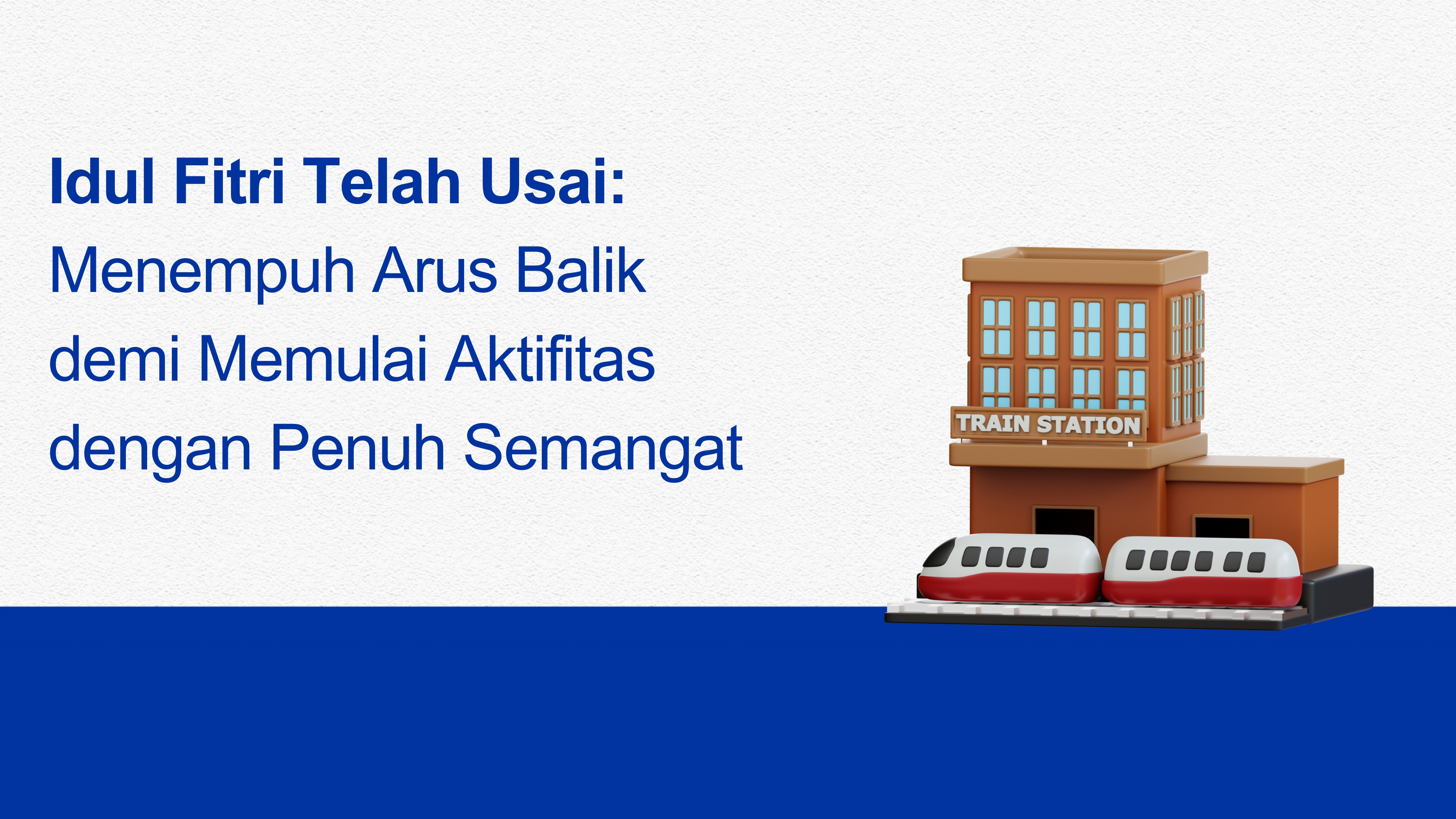Thriving in a Fast-Paced and High-Pressure Era: The Role of Self-Management in Maintaining Daily Routines
.jpg)
Friends of UNDIRA, Amid rapid industrial acceleration, rising social expectations, and the constant pressure of time, we are required to live swiftly and adaptively in order to survive in an ever-evolving world. Moreover, in today’s digital era, public opinion can easily be shaped by widely circulated data and narratives. The phenomena of distraction and Fear of Missing Out (FOMO) have become real challenges faced by many individuals.
In such conditions, the ability to manage time and position oneself appropriately has become an essential skill. This ability is closely tied to two core values upheld by Universitas Dian Nusantara (UNDIRA): integrity and professionalism.
For both students and professionals, mastering self-management reflects one’s integrity and professionalism—whether in pursuing education or carrying out work responsibilities. Integrity showcases how self-management represents a person’s wholehearted dedication without expecting anything in return, while professionalism emphasizes a sense of responsibility for one’s actions.
In management studies, the term self-management refers to one’s ability to direct themselves according to personal needs and take responsibility for their choices. According to research by Indryaningsih et al. (2014), self-management is not merely about scheduling tasks but also about managing one’s energy, focus, and emotions in alignment with their life goals.
One of the lecturers in UNDIRA’s Management Study Program, Ms. Fathihani, S.E., M.M., explains that self-management is a form of energy regulation that is crucial for maintaining concentration and achieving personal goals. She notes that success is not only measured by what we accomplish or how fast we achieve it, but also by how sustainably we can manage ourselves amidst constant change.
“With good self-management, we can continue to grow and adapt—even in a world that keeps changing,” she said.
In practice, self-management can be implemented through several effective techniques. One of the methods introduced by Ms. Fathihani is the Eisenhower Matrix, a decision-making tool that categorizes tasks based on their urgency and importance. This method divides activities into four quadrants, helping us determine priorities and manage time more wisely.
Another widely used approach is the Pomodoro Technique, which breaks work time into intervals of 25 minutes followed by short breaks of around 5 minutes. Dear UNDIRA friends, this technique not only enhances focus and refreshes the mind, but also prevents multitasking. In each Pomodoro cycle, individuals are trained to complete one task fully without distractions, leading to more optimal results.
Self-management is not solely about time efficiency; it’s also about the courage to set boundaries. One common mistake is the habit of always saying “yes” to every request, which can ultimately leave us overwhelmed. The term yes man refers to individuals who tend to accept all tasks without filtering for priorities. However, in both academic and professional contexts, we have the right to decline requests that do not align with our capacity, time, or personal goals.
Ms. Fathihani emphasizes that setting boundaries is not a form of negative rejection, but rather a strategic move to maintain life balance. Responding to external pressures—such as tasks beyond our core responsibilities or the need for personal time—is also a vital part of self-management.
It’s important to remember that living effectively is not about having more time, but about how we manage our energy and attention toward what truly matters. So, UNDIRA friends, let us begin to manage ourselves better starting today—so that tomorrow we can become more productive, mentally healthier, and ultimately, happier individuals.
(Sekar Ayu / Humas UNDIRA)
Press Contact :
Biro Humas & Sekretariat Universitas Dian Nusantara
Facebook : www.facebook.com/undiraofficial
Instagram : www.instagram.com/undiraofficial
Twitter : www.twitter.com/undiraofficial
www.undira.ac.id
Other
.jpg)
TOEIC Diagnostic Test Event by the Directorate of Innovation and Entrepreneurship in collaboration with UEC for the Directorate General of Foreign Trade in Ministry of Trade Republic of Indonesia
Read more
Eid al-Fitr Has Passed: Getting Back on Track with Full Enthusiasm.
Read more.jpg)
More Than Just an Obligation: The Benefits of Performing Salah
Read more
Campus Tanjung Duren
Jln. Tanjung Duren Barat II No. 1
Grogol, Jakarta Barat. 11470
Campus Green Ville
JIn. Mangga XIV No. 3
Campus Cibubur
Jln. Rawa Dolar 65
Jatiranggon Kec. Jatisampurna, Bekasi. 17432







